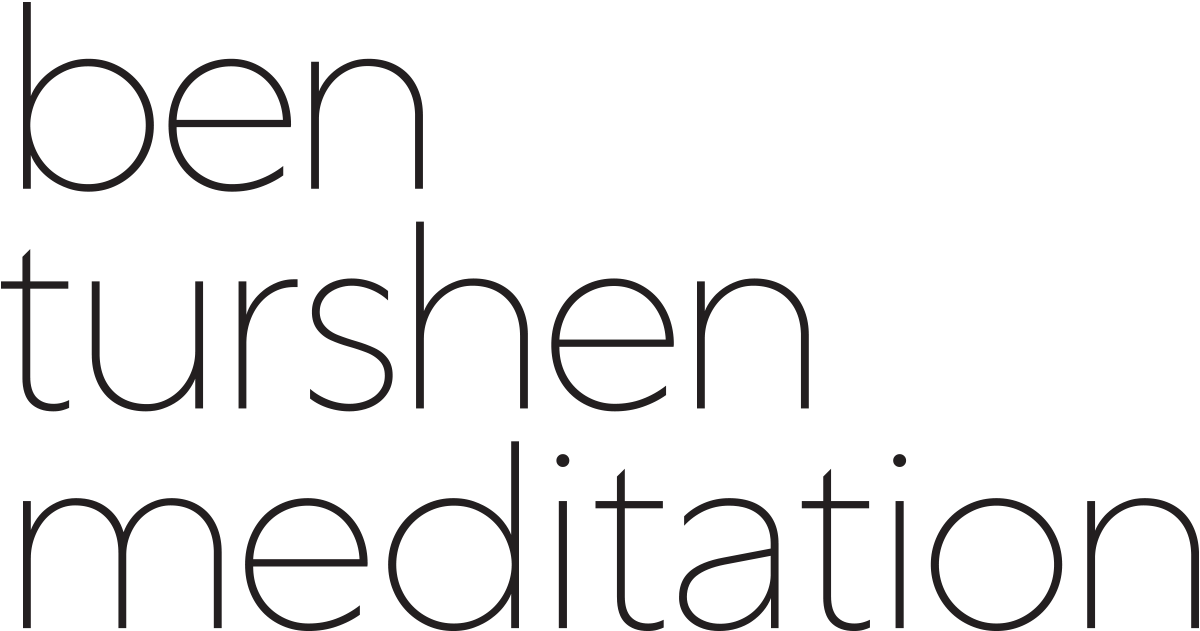By Ben Turshen.
It's been a long time since I first learned Vedic Meditation. Since then, this meditation practice has absolutely impacted the way I think, act, behave and interact with the world. But I certainly don't think, act, behave or interact in any which way whatsoever because I'm a "meditator" or even a "meditation teacher".
One of the things I like the most about Vedic Meditation is there no mandated moral or ethical codes or belief systems, religion or lifestyle changes that are prescribed. You don't join an organization or receive a special name. But expect some changes to come about on their own.
When you practice Vedic Meditation (a simple mental technique), your mind settles down to its least excited state beyond thought and your body experiences deep rest (exponentially deeper than the deepest rest that can be obtained in a night's sleep) without any focus or concentration or effort. It's easy and enjoyable. Having had that experience in meditation, you then enter the world rested and energized, calm and relaxed, with greater clarity, feeling peaceful and equanimous. Operating in that state influences the way we think, act, behave and interact with the world. You don't need to set an intention or visualize yourself in a particular situation or try to act compassionately or feel grateful. It all happens spontaneously.
The world needs more meditators, now more than ever before.
